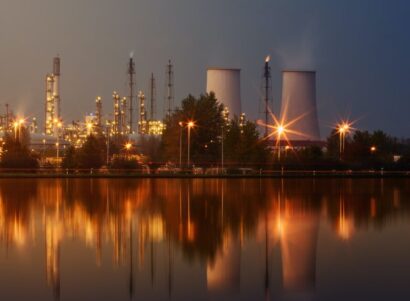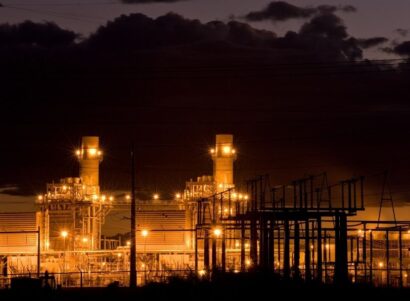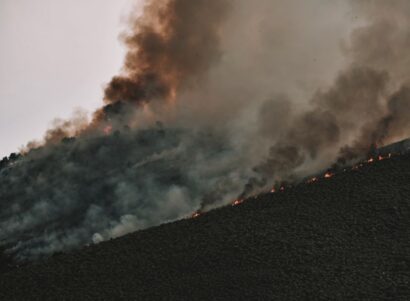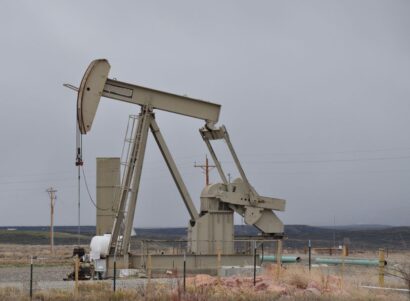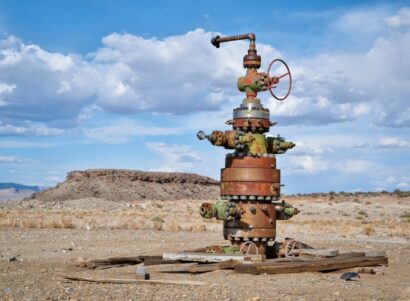Excerpt
What is known about the health effects of gas extraction by induced hydraulic fracturing of gas-bearing rock – ie, fracking? A workshop held on Nov 15, 2013, at the London School of Hygiene and Tropical Medicine and attended by scientists, public health professionals, and decision makers addressed this question.
Fracking is at a very early stage in the UK, with only one shale gas well tested so far. This situation provides an important opportunity to gather information and to conduct studies of health and environmental effects before any large-scale development. Scientific study of the health effects of fracking is in its infancy,(1,2) but findings suggest that this form of extraction might increase health risks compared with conventional oil and gas wells because of the larger surface footprints of fracking sites; their close proximity to locations where people live, work, and play; and the need to transport and store large volumes of materials.(3–6) In the USA, where more than 52,000 shale gas wells have been drilled, data suggest that risks of environmental contamination occur at all stages in the development of shale gas extraction. Failure of the structural integrity of the well cement and casing,(7) surface spills and leakage from above-ground storage, emissions from gas-processing equipment, and the large numbers of heavy transport vehicles involved are the most important factors that contribute to environmental contamination and exposures in the USA.(2)
Environmental exposures include outdoor air pollutants (ie, volatile organic compounds, tropospheric ozone, and diesel particulate matter)(2) and pollutants (ie, benzene, hydrocarbons, endocrine-disrupting chemicals, and heavy metals) in both ground (8) and surface (9,10) water. Known occupational hazards include airborne silica exposure at the well pad.(11) Toxicological data for the chemicals injected into wells (so-called frac fluid) indicate that many of them have known adverse effects on health, with no toxicological data available for some.(2) Assessment of potential risks has been difficult in the USA because drilling operators are not required to disclose which chemicals are used, but the UK Government has accepted the recommendation from the Royal Society and Royal Academy of Engineering Working Group on shale gas extraction1 for full disclosure.(12) Exposure and epidemiological studies-of which there are currently very few-are needed along the entire supply chain of shale gas to characterise and quantify associated health issues. The socioeconomic implications of shale gas development on local communities before, during, and after extraction, and how risks should be communicated, are also important research priorities.
In addition to local health and environment threats, an important consideration is the contribution of shale gas extraction to greenhouse gas emissions and, thus, to climate change. Although there is conflicting evidence about the comparative contribution of lifecycle greenhouse gases of shale gas relative to coal, evidence from the USA indicates that instead of replacing coal, shale gas has rapidly become an additional source of fossil fuel, leading to an increase in cumulative global greenhouse gas emissions.(13) The degree to which shale gas extraction is developed should be based on comparisons with other energy options, including renewable energy sources, and greater investment in energy efficiency measures, taking full account of environmental, economic, and health implications.

 Study
Study

